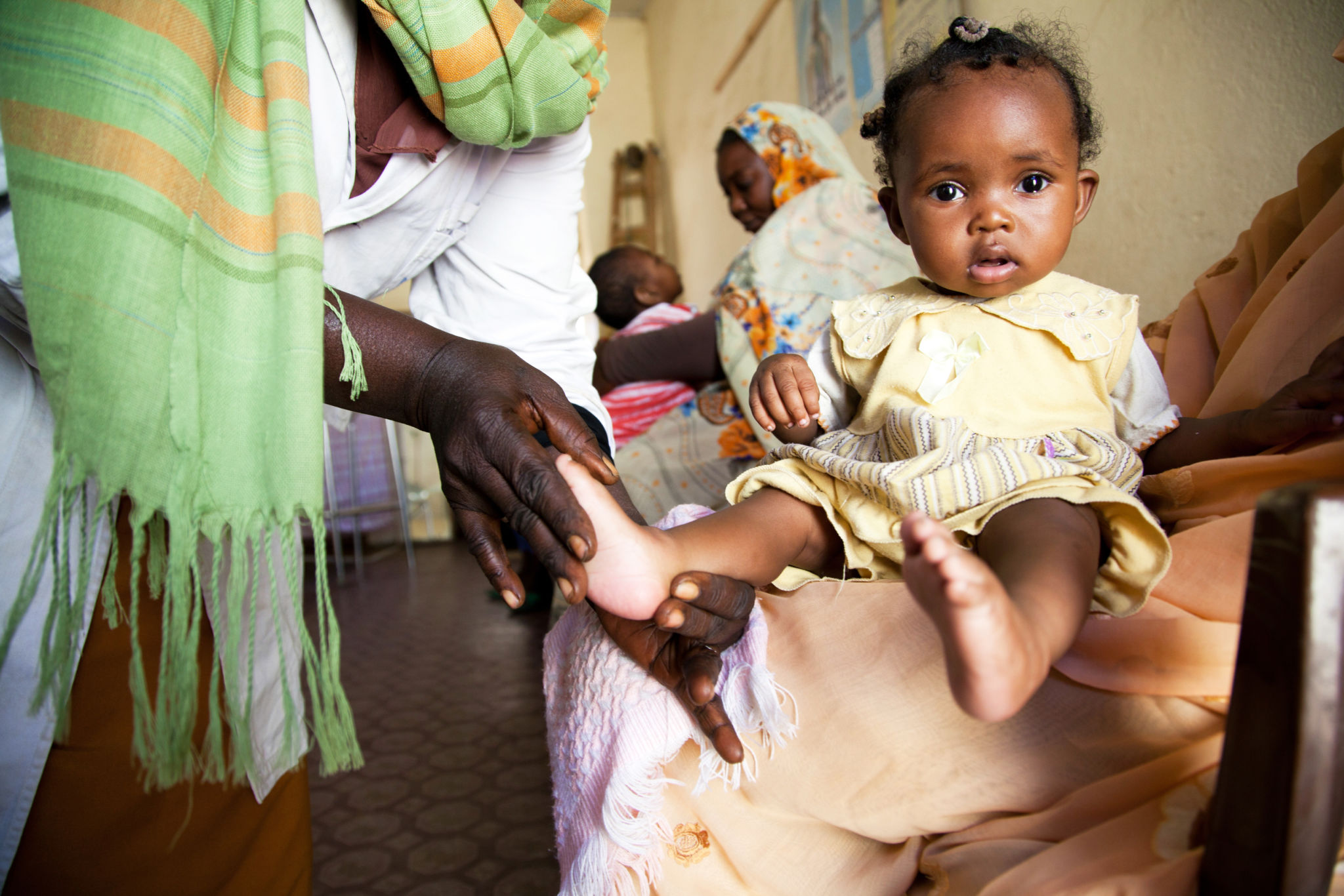The CHAIN Cohort
The initial core activity of the CHAIN Network is to establish a large multi-site cohort study of hospitalized children under 2 years old, and to follow these children for 6 months after they are discharged. This cohort study aims to better understand the biological and social reasons that cause malnourished acutely ill children to die at such high rates during and after hospitalization. The findings of this cohort will be strengthen by a range of specialist sub-studies. The CHAIN Network will use this information to prioritize and guide the design of future clinical trials that will help reduce mortality in these vulnerable children.
Four thousand eight hundred children will be recruited at admission to hospital across eight sites (link to sites & teams). We will follow these children from admission and then daily throughout their hospital stay, and then will be followed up at 45, 90 and 180 days after their discharge. An additional 100 children living in the community will be recruited to participate at each site. These community controls will help establish reference norms for various laboratory tests which currently lack accepted normal threshold values.




